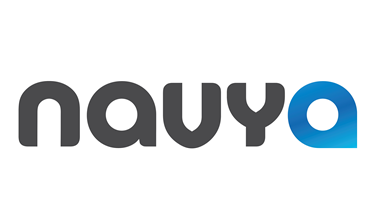NAVYA (FR0013018041- Navya), a leader in the field of autonomous mobility systems, has signed at the French Ministry of Transport in Paris an agreement with the Ministry of Transport and Logistic Services of the Kingdom of Saudi Arabia to support the implementation of autonomous vehicles in the Kingdom of Saudi Arabia.
The projects relate to the deployment of self-driving electric and shared shuttles for the transportation of people, together with the deployment of electric tow tractors for the transportation of goods at airports and industrial sites.
Under the patronage of Jean-Baptiste Djebbari, French Minister of Transport, H.E. Engineer Saleh bin Nasser Al-Jasser, Saudi Minister of Transport and Logistic Services, and Sophie Desormière, CEO of NAVYA, met in Paris for the official signing of the agreement.
The agreement aims at implementing pilot projects, validating use-cases, defining regulation, and building up local competencies in order to prepare and speed up the large-scale deployment of fleets of level 4 autonomous vehicles over the whole of the Arabian Peninsula. It will support the Kingdom of Saudi Arabia, which is already a smart cities pioneer, to become one of the first markets in the world to deploy large shuttle fleets on its territory.
The carbon-free, shared fleets will play an essential role in the building of cities of the future, providing clean air and a better quality of life, in accordance with the Kingdom of Saudi Arabia’s “Vision 2030”.
NAVYA’s share of the autonomous mobility market for people already stands at 75% in the GCC countries, including 6 shuttles in operation in the Kingdom of Saudi Arabia. This strongly contribute to the company’s global leadership position with 200 shuttles sold across the world.
The final agreement, together with the support provided by the Kingdom of Saudi Arabia, will enable NAVYA to take its research and development to a higher level with the development of new first and last mile use cases in town centers, smart cities, airports, theme parks and industrial sites.










